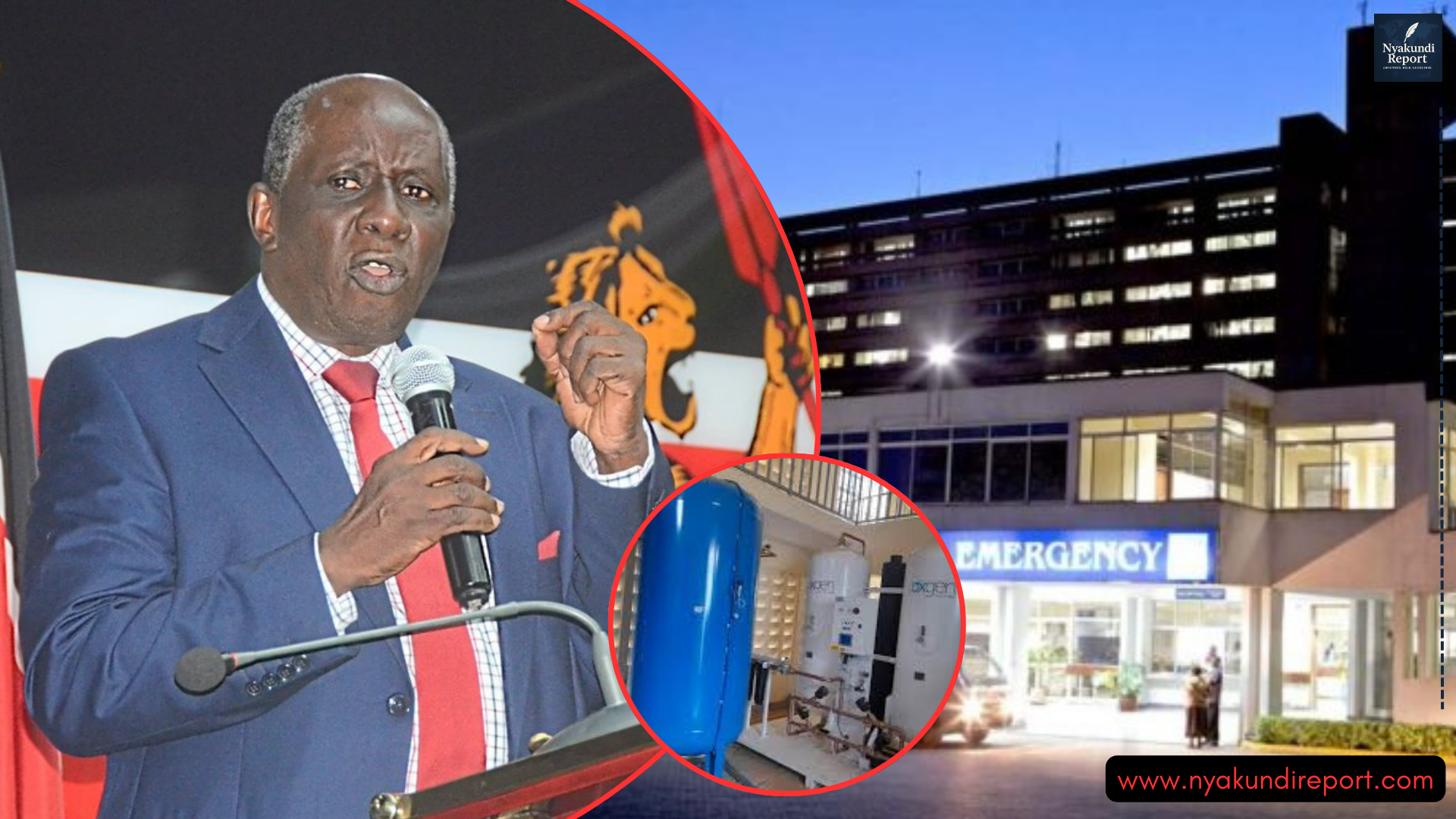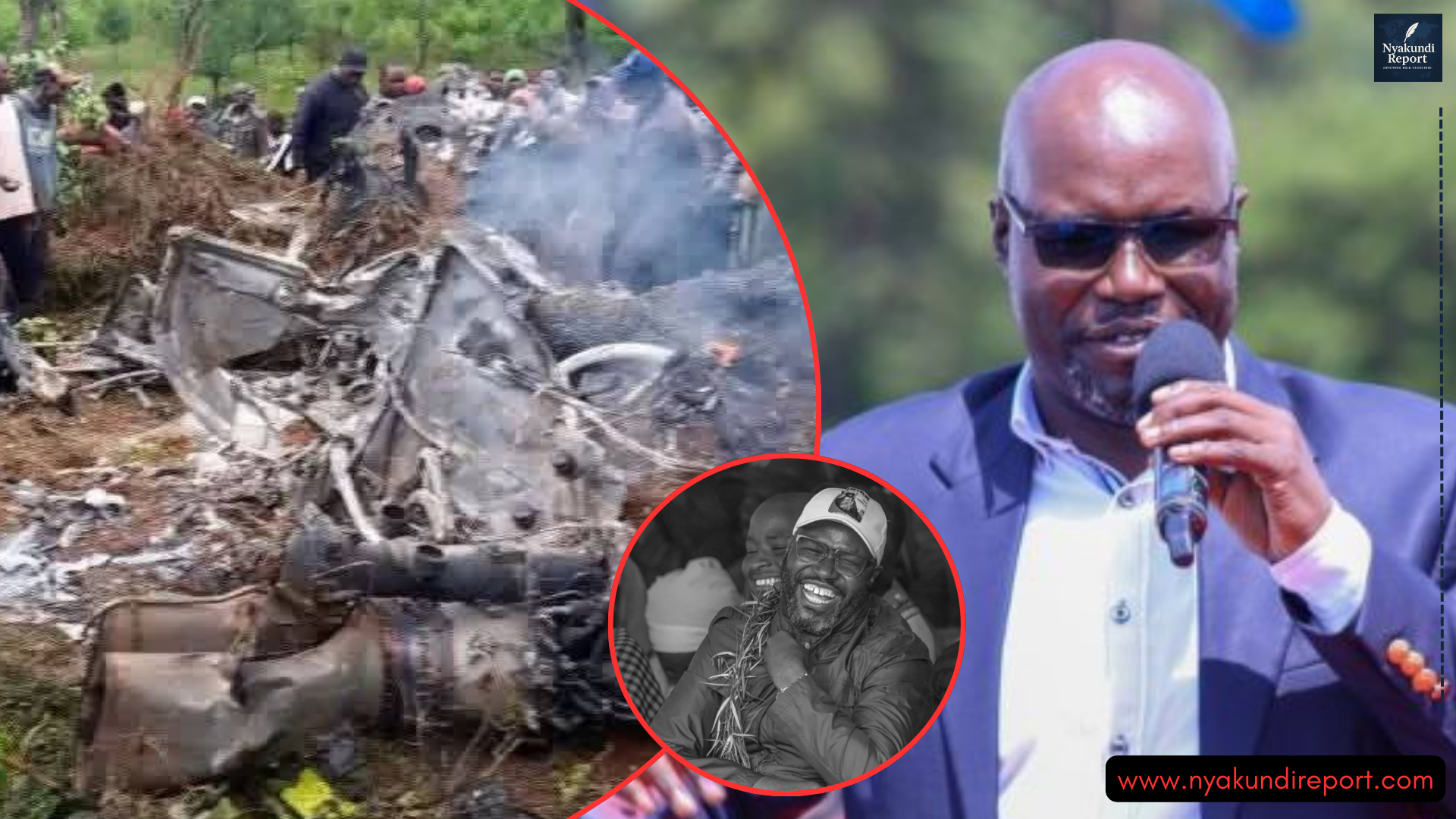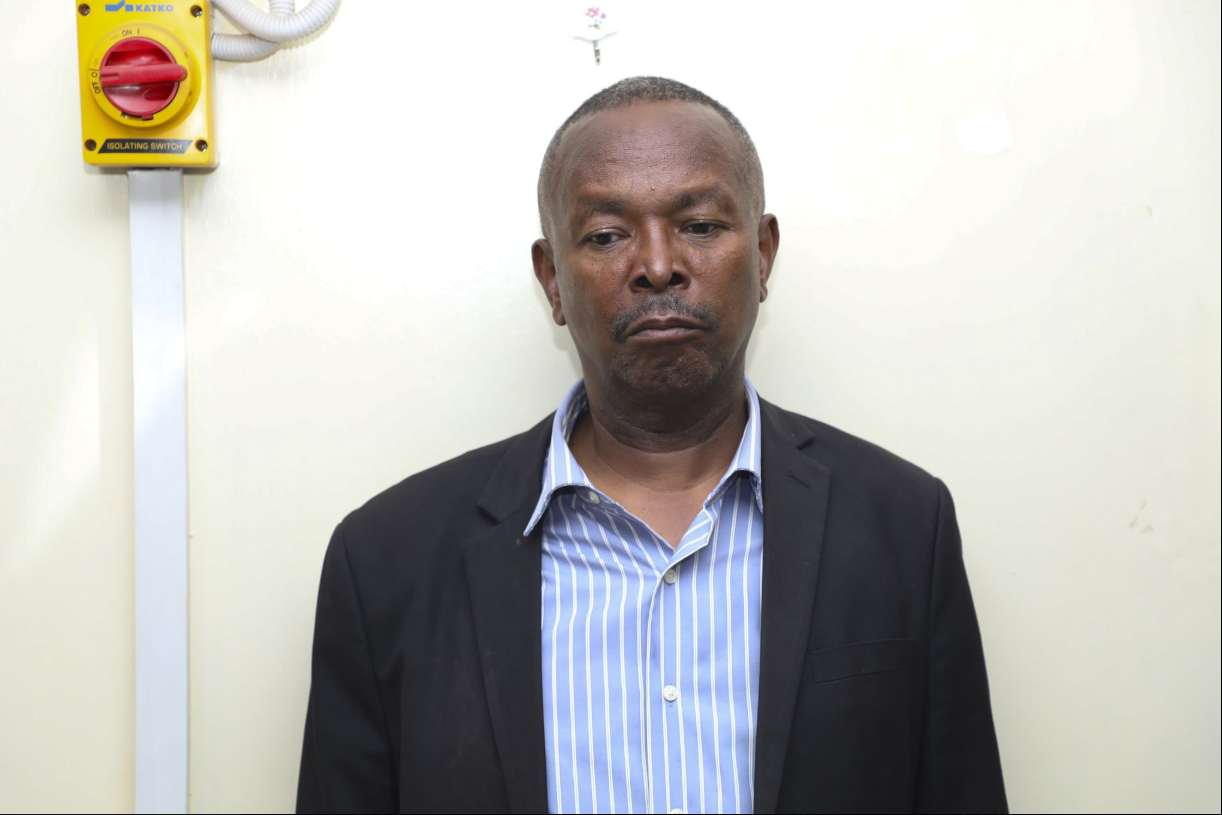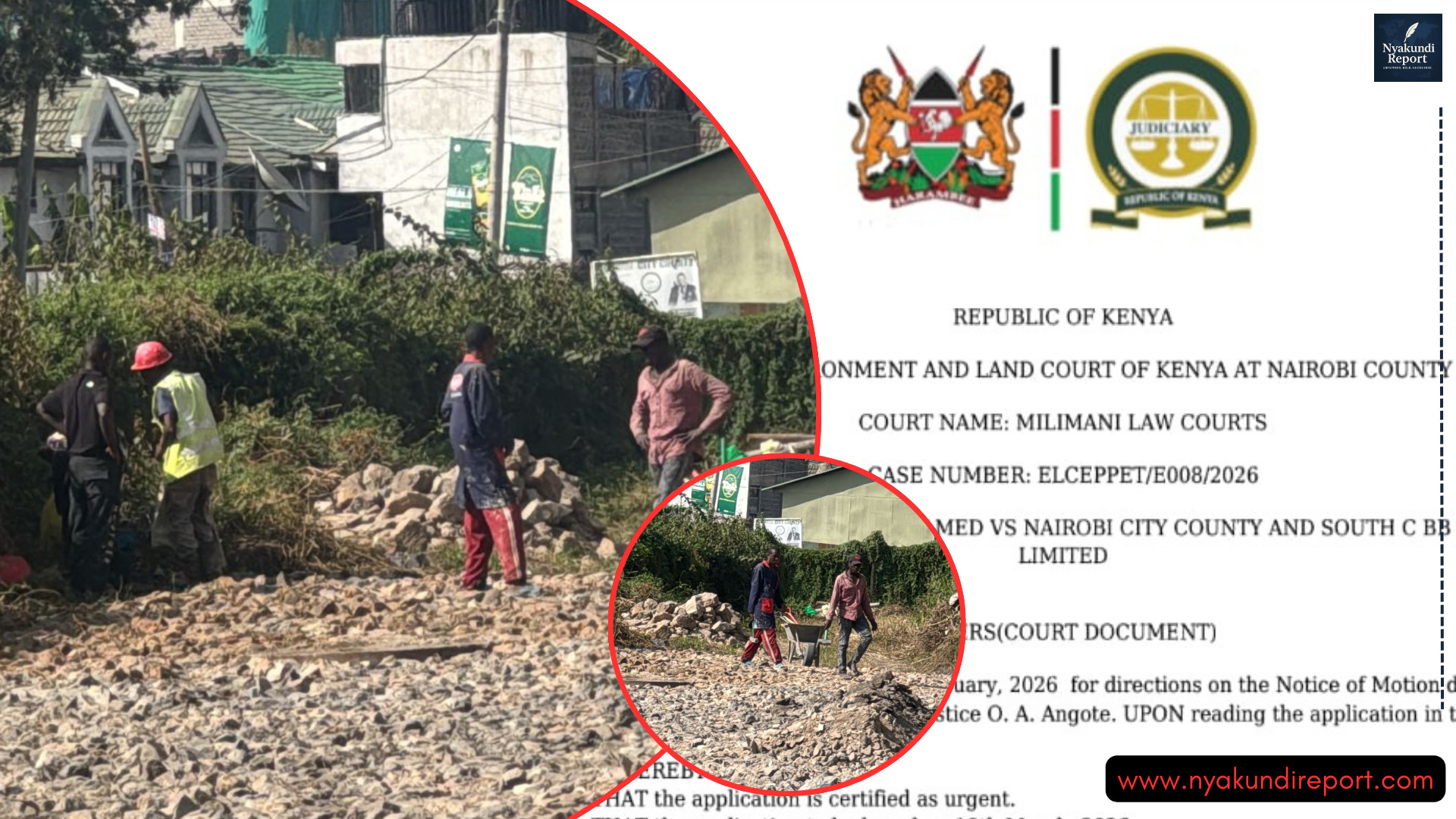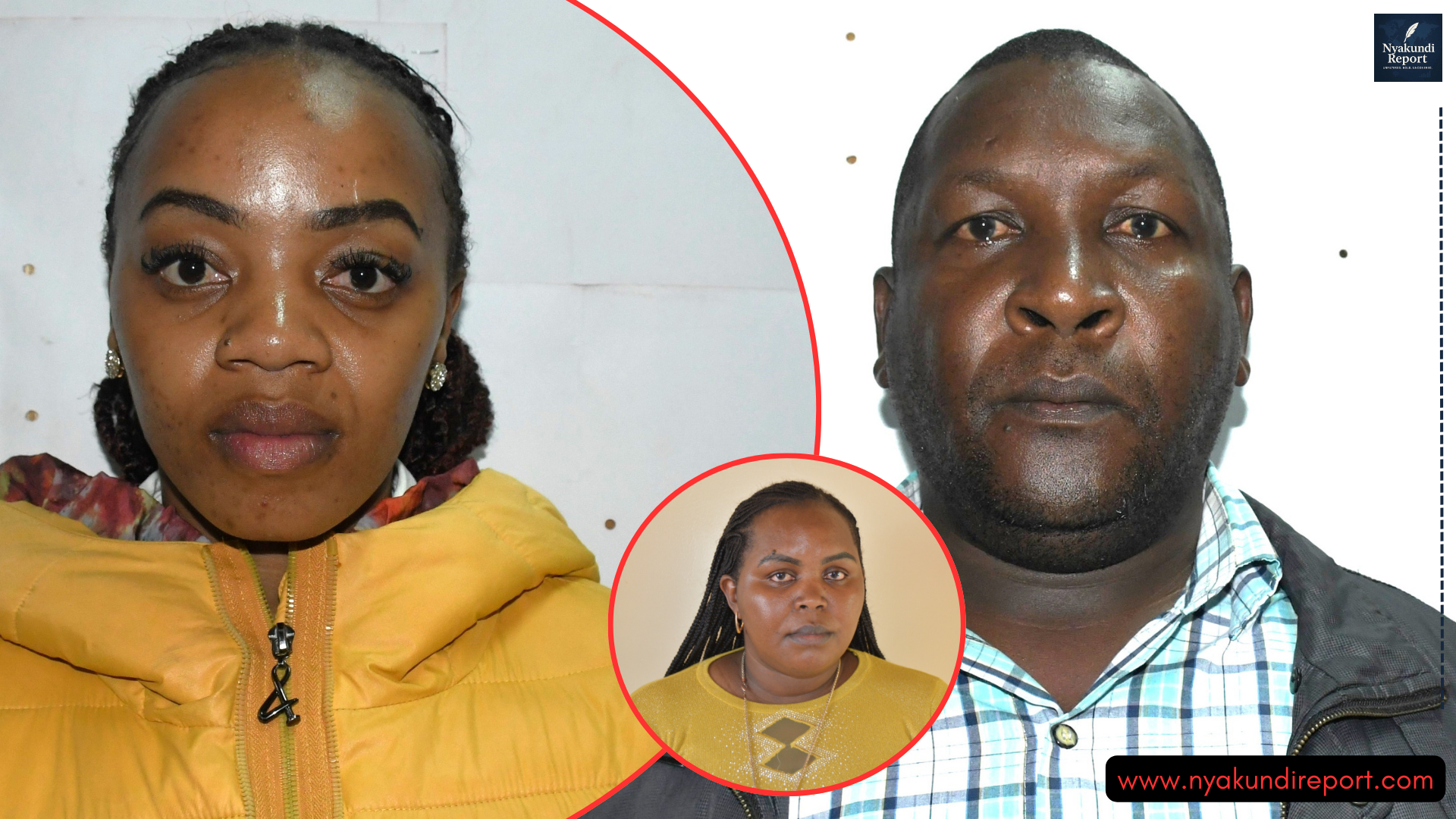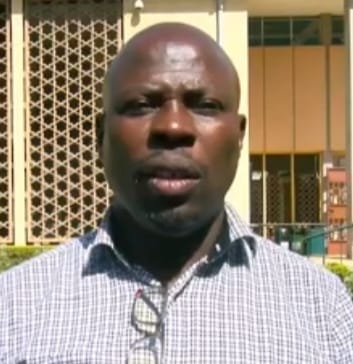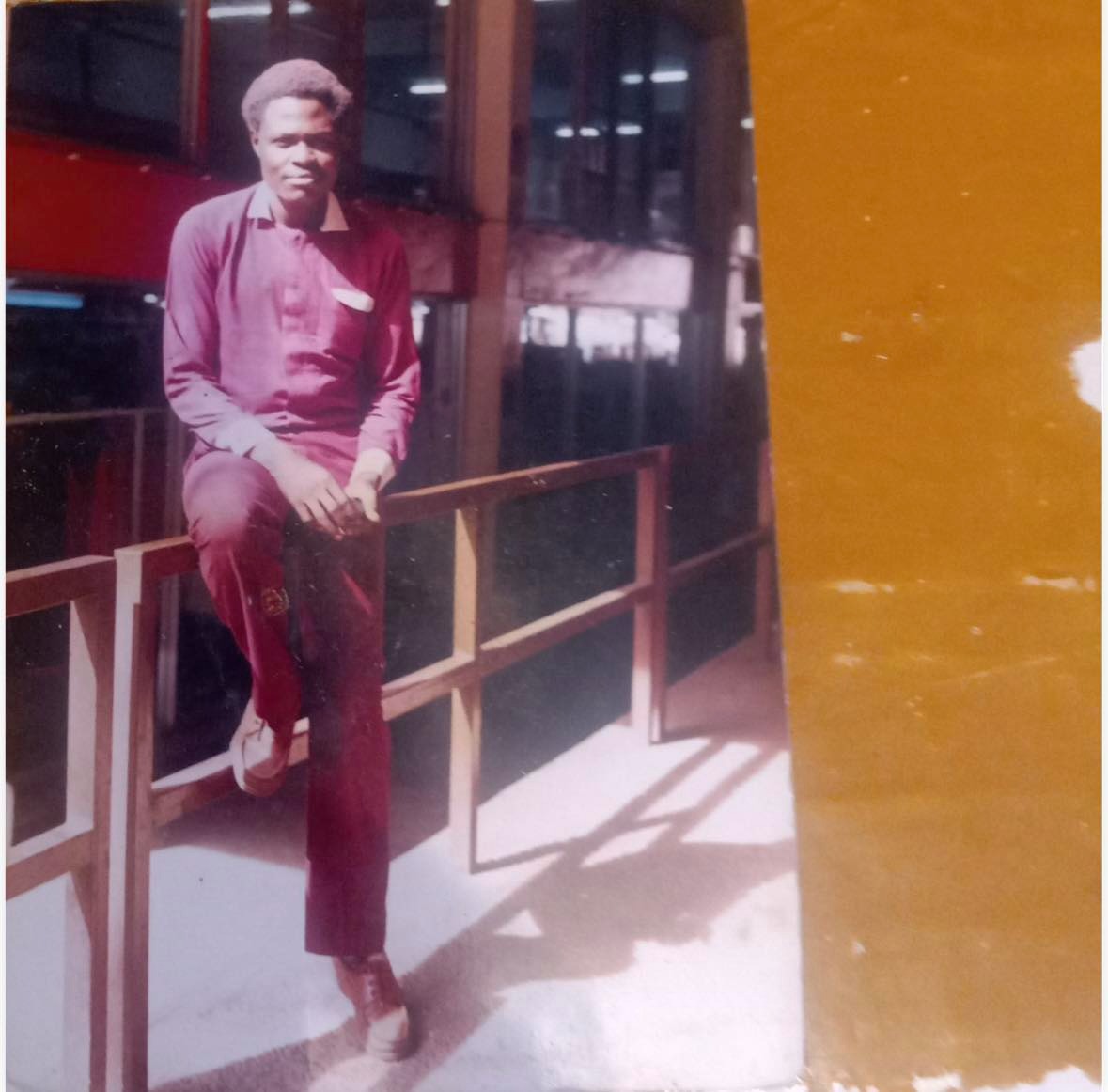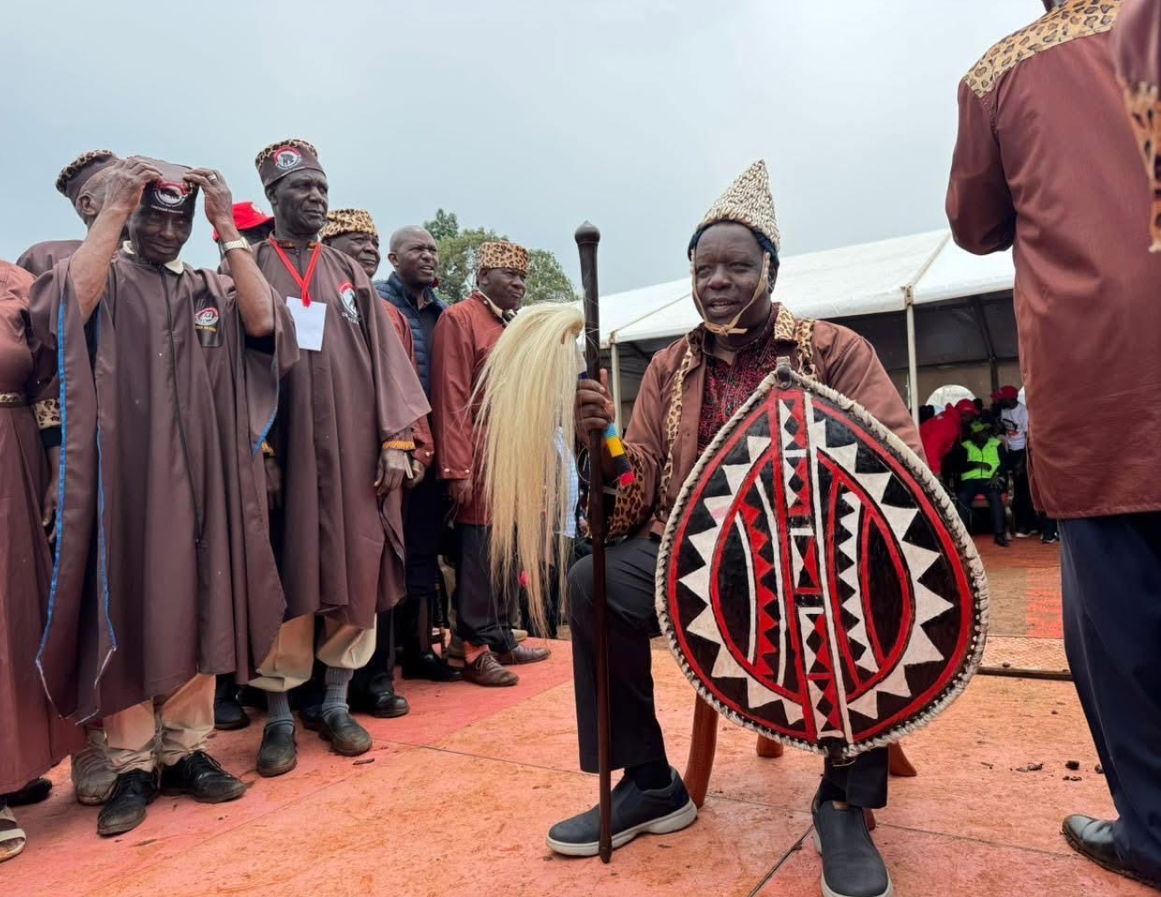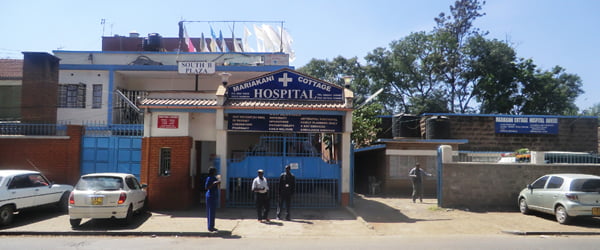A Nairobi court has summoned two officers from the Directorate of Criminal Investigations (DCI) to appear in person on October 1, after failing to attend proceedings in which they were expected to explain how spyware was clandestinely implanted in the mobile devices of four filmmakers linked to the BBC documentary Blood Parliament.
Milimani trial magistrate Eric Wambo issued the directive following submissions by defence lawyer Ian Mutiso, who argued that the absence of the officers had left crucial questions unanswered about the integrity of the exhibits.

The officers, he said, must be compelled to account for the period the gadgets remained in state custody, particularly in light of forensic findings pointing to deliberate digital intrusion.
“Your honour, we pray for summons for the two officers handling the case to appear and respond to our application,” Mr Mutiso told the court.
“Their continued absence undermines not only due process but also the search for truth in a matter that has grave implications for press freedom and citizens’ privacy.”
Spyware Report by Citizen Lab
The summons come in the wake of a Citizen Lab forensic report, tabled before the court last week, which concluded with high confidence that FlexiSPY, a powerful surveillance tool, had been installed on the seized devices.
The Toronto-based research laboratory, globally recognised for exposing state surveillance operations, found that the spyware was introduced while the gadgets were still in the custody of Kenyan authorities.
In particular, the phone belonging to cinematographer Nicholas Wambugu, confiscated by police on May 2, 2025 and returned on July 10, 2025, was shown to have been infected on May 21 at 5:17 pm, well within the period when it was inaccessible to its owner.
FlexiSPY, the court heard, is capable of recording calls, intercepting messages, tracking locations, activating microphones remotely, taking screenshots, and even deleting or altering stored data.
Although marketed commercially as a monitoring tool for parents or employers, it has gained notoriety for its covert use by governments and criminal networks to track journalists, activists, and political opponents.
Citizen Lab researchers further testified that while the presence of FlexiSPY was conclusively established, the possibility that additional spyware or manipulations were introduced during custody could not be excluded.
Arrest of the Filmmakers
The four men—Nicholas Wambugu, Brian Adagala, Mark Denver Karubiu, and Christopher Wamae, were arrested on May 2, 2025, shortly after the BBC aired Blood Parliament.
The documentary, which attracted global attention, reconstructed the events of June 2024, when security forces opened fire on anti-tax demonstrators outside Parliament, leaving several dead and scores injured.
They were detained at Muthaiga Police Station before being arraigned under a miscellaneous application filed by the DCI.
Although they were freed on bail, the Director of Public Prosecutions (DPP) has neither brought formal charges nor withdrawn the matter, leaving the case in limbo.
Surveillance State Concerns
The spyware allegations against the DCI do not arise in isolation.
Over the past two years, Kenya has faced mounting criticism from human rights groups and international observers for what they describe as a rapid slide into a surveillance and police state.
In June 2025, Treasury Cabinet Secretary John Mbadi earmarked Ksh 120 million for the acquisition of a new surveillance system by the DCI. Sources later confirmed that the system had already been procured and deployed.
During the Gen-Z protests of 2024 and early 2025, police IT squads reportedly tracked protesters through geolocation of their mobile phones, leading to abductions in unmarked vehicles.
Civil society groups say more than 80 people have disappeared since mid-2024 in what they describe as extra-legal renditions.
In December 2024, the Civicus Monitor downgraded Kenya’s civic space to “obstructed,” citing arbitrary arrests, abductions, and violent responses to peaceful protests.
The US State Department’s 2023 report noted that Kenyan security agencies had “unfettered access” to telecommunications networks and raised concerns about impunity for abuses.
In April 2023, the Supreme Court authorised the Communications Authority to deploy a device granting it access to customer data from telecom service providers, a decision civil society groups say has emboldened unchecked surveillance.
Court proceedings in recent years have also revealed troubling practices. In one instance, a DCI officer admitted before a magistrate that private data belonging to blogger David Mokaya had been obtained directly from Safaricom without a court order.
Mokaya was later charged under the Computer Misuse and Cybercrimes Act, a law critics say has become the government’s primary tool for silencing dissent online.
Wider Legal Battles
The spyware scandal now unfolding before the Nairobi court is therefore viewed as emblematic of larger systemic issues.
The Bloggers Association of Kenya has an active case before the Appellate Court challenging 26 clauses of the Computer Misuse and Cybercrimes Act, arguing that the law has been abused to curtail constitutional freedoms.
Prominent constitutional lawyer Mercy Mutemi has warned that the Act has been systematically weaponised, with state security agencies invoking its provisions to suppress legitimate expression and investigative journalism.
“The abuse of cybercrime laws and the covert use of surveillance technologies create a chilling effect on free speech,” Ms Mutemi told the Nation earlier this year.
“The spyware revelations in the filmmakers’ case illustrate precisely why unchecked surveillance is corrosive to democracy.”
As the matter returns to court on October 1, the summoned officers’ testimony will be pivotal in determining whether the installation of FlexiSPY was an authorized investigative tactic, a rogue operation, or an unlawful violation of constitutional safeguards.

